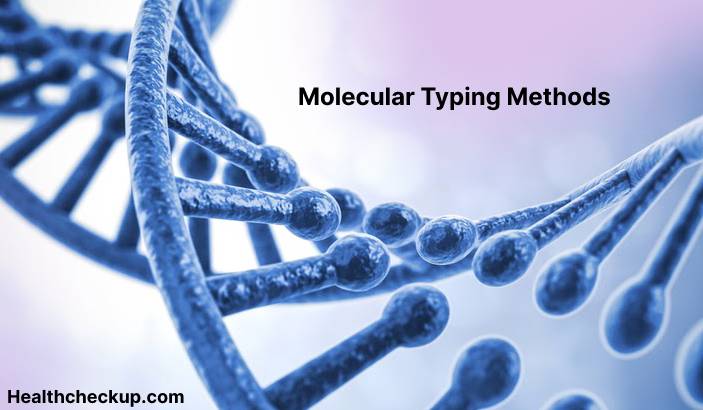Molecular typing, also known as molecular profiling or molecular characterization, is a laboratory technique that is used to identify and characterize specific molecules or microorganisms. Molecular typing is often used in the fields of medicine and biology to identify and classify pathogens, such as bacteria, viruses, and fungi. It can also be used to identify and classify other types of molecules, such as genes or proteins.
There are several different techniques that can be used for molecular typing, including DNA sequencing, polymerase chain reaction (PCR), and mass spectrometry. DNA sequencing involves determining the order of the nucleotide bases (adenine, guanine, cytosine, and thymine) in a DNA molecule. PCR is a technique that is used to amplify small amounts of DNA, making it easier to analyze and identify. Mass spectrometry is a technique that is used to identify and quantify molecules based on their mass-to-charge ratio.
Molecular typing is often used in the context of infectious diseases to identify and classify pathogens. For example, it can be used to identify the specific strain of a virus or bacteria that is responsible for an outbreak. This information can be used to track the spread of the pathogen and to determine the best course of treatment.
Molecular typing can also be used in the field of genetic testing to identify specific genetic mutations or variations that may be associated with certain diseases or conditions. For example, it can be used to identify specific genetic mutations that are associated with an increased risk of cancer or other inherited disorders.
Overall, molecular typing is a powerful tool that is used to identify and classify specific molecules or microorganisms. It is an important tool in the fields of medicine and biology and has many applications, including the identification and tracking of infectious diseases, genetic testing, and the development of new therapies.









